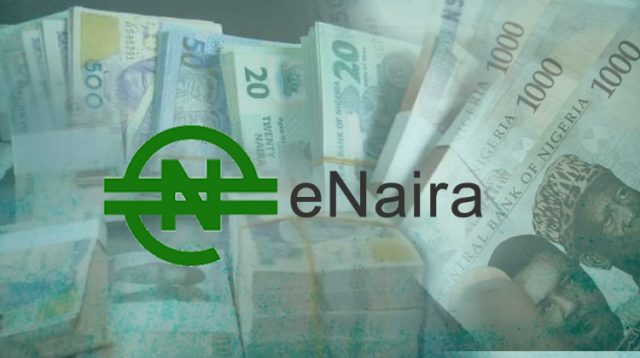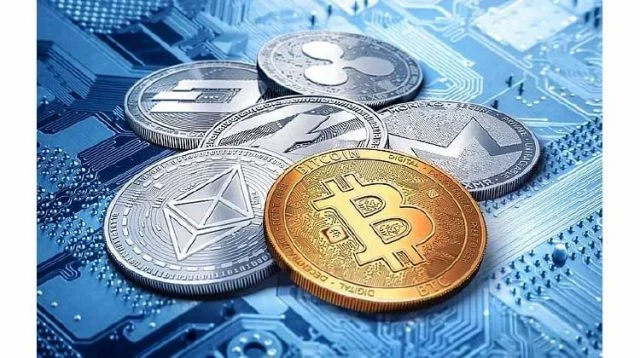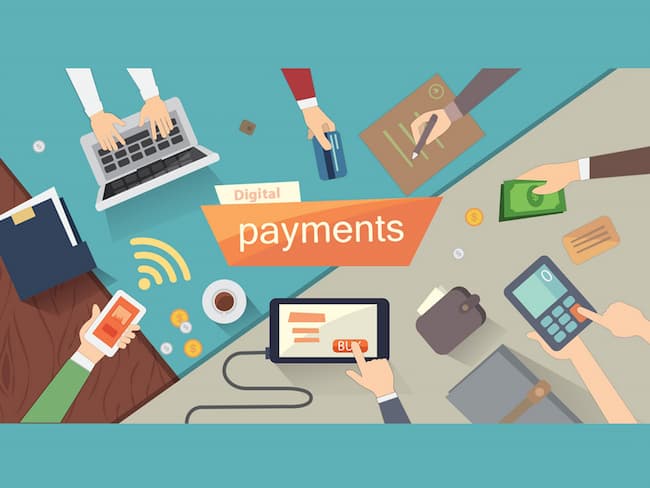The International Monetary Fund (IMF) revealed that 98.5 percent of Nigeria’s eNaira wallets have never been used.
In a recent working paper titled ‘Nigeria’s eNaira, One Year After,’ the Bretton Woods organization reflected on the first year of the eNaira — Africa’s first Central Bank Digital Currency (CBDC).
BizWatch Nigeria recalls that on October 25, 2021, President Muhammadu Buhari publicly unveiled the digital currency at the State House in Abuja.
The IMF stated that, despite a commendable year of uninterrupted operation, the CBDC programme has not progressed beyond the initial wave of limited uptake.
The International Monetary Fund (IMF) revealed that 98.5 percent of Nigeria’s eNaira wallets have never been used.
According to the fund, home and merchant adoption of the eNaira has been slow.
The IMF classified eNaira public adoption as “disappointingly low” because to low levels of wallet downloads and transactions.
According to the fund, as of end-November 2021, the total number of retail eNaira wallets was around 860,000, which is equivalent to only 0.8 percent of Nigeria’s active bank accounts.
“The retail wallet downloads saw a few weeks of initial surge before tapering off. More specially, it only took 25 days for the number of downloaded wallets to reach 500,000 units—but going from there to 600,000 units took another 63 days; and to 700,000 units yet another 143 days,” the paper reads.
“As of end-November 2021, the total number of retails eNaira wallets amounted to about 860,000. This is just 0.8 per cent of Nigeria’s active bank accounts.
“Merchant wallet download has reached about 100,000 in end-June, which is about one eleventh of the number of merchants with Point-of-Sales (POS) terminals—which enables credit or debit card payments.”
In terms of transactions, the IMF stated that most wallets appear to be idle, with the exception of a small window of weeks of activity increase.
According to the institution, only 1.5 percent of downloaded wallets carried out an average number of eNaira transactions per week.
“The average number of eNaira transactions since its inception amounts to about 14,000 per week—only 1.5 percent of the number of wallets out there. This means that 98.5 percent of wallets, for any given week, have not been used even once,” the paper further reads.
“The average value of eNaira transactions has been 923 million naira per week—0.0018 percent of the average amount of M3 during this period. The average value per one transaction has been 60,000 naira.”
According to the IMF, network effects indicate that breaking the initial low adoption period will require a coordinated policy push.
“The eNaira’s potential in financial inclusion requires a strategy to set the right relationship with mobile money, given the former’s potential to either complement or substitute the latter,” the institution said.
“Cost savings from integrating CBDC—as a bridge vehicle—in the remittance process may also be substantial.”
















